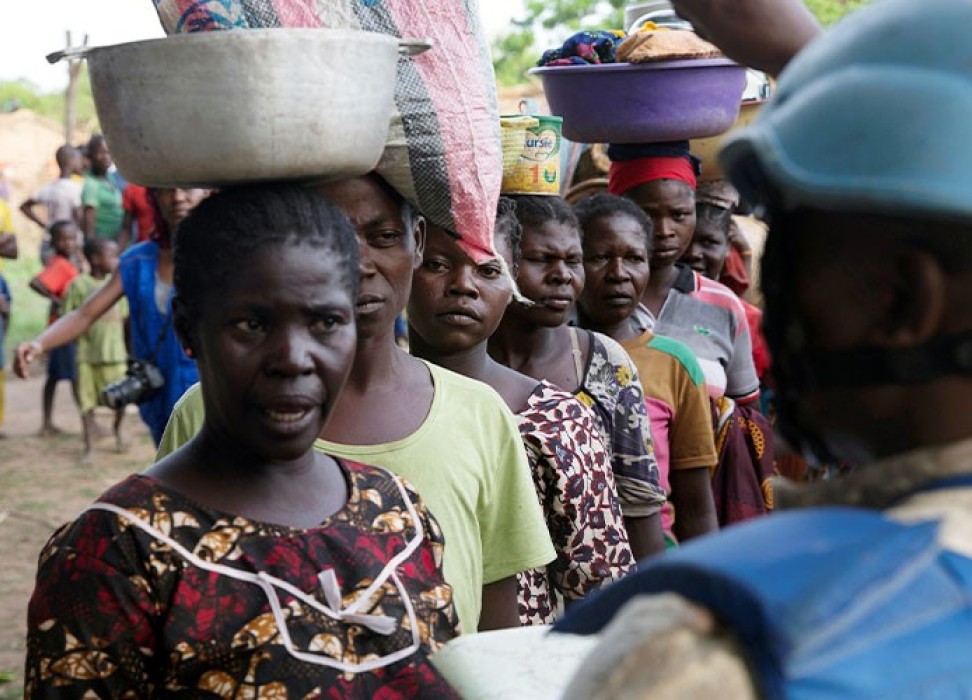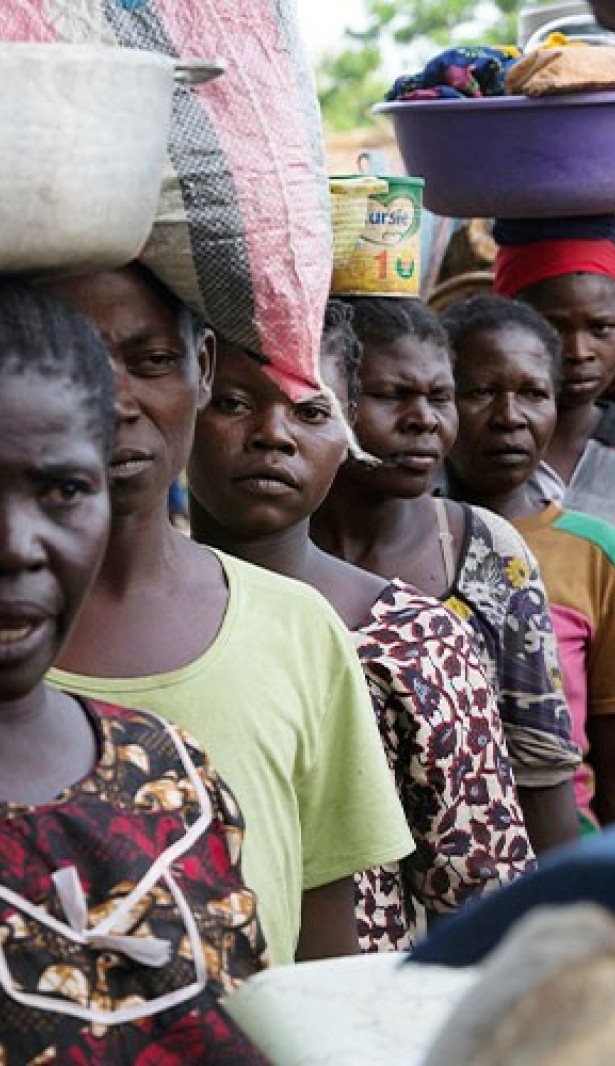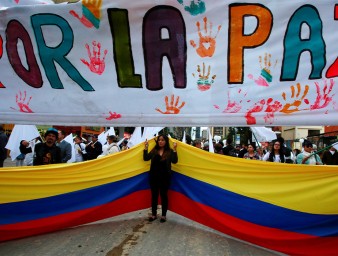Going Further Together: why human rights is so critical to the work of UN peace missions
12 October 2020

“To me, human rights and peacekeeping is inseparable. There is no peace without justice and equality, and without redress for wrongs that have been committed.”
Huma Khan, who works for the UN peacekeeping mission in South Sudan (UNMISS), is one of the 110,000 peacekeeping staff serving in 13 of the world’s hotspots. On any given day, she and her colleagues are helping countries through the turmoil of conflict, to create conditions for lasting peace.
Protecting civilians, actively preventing conflict, strengthening security and supporting authorities to do the same: these are just some of their responsibilities.
A new study released today titled ‘Going Further Together’ is highlighting the critical contribution of human rights to these operations. Issued at a virtual launch event on 12 October, it details just how key human rights components are to the implementation of mandates of UN missions operating in different and constantly evolving contexts, from start-up to drawdown and transition.
Khan began her career as a peacekeeper in 2005. Prior, she had worked in human rights in her native India, focusing on a case of large-scale sexual violence against Muslim women. Since starting as a peacekeeper in human rights, she has listened to stories of victims and perpetrators of sexual violence in Darfur, Sudan. In South Sudan, where she is now based as Senior Women Protection Adviser for UNMISS, she and her colleagues recently negotiated with an armed group to release women who had been abducted since 2018. These women are now within their communities, rebuilding their lives and livelihoods.
“People often think human rights means monitoring and reporting,” continues Khan. “But with this project, we've gone much beyond that, and we are contributing directly to peace building and building resilience and cohesion in communities.”
Human rights and peace missions across the globe
Today, over 573 human rights staff are working in 12 UN peace missions in Africa, Europe, Asia, the Middle East and Central America.
“United Nations peace operations are among the Organization’s most significant achievements, and a powerful tool to protect and promote human rights,” said Michelle Bachelet, UN High Commissioner for Human Rights. “They need resources to bind together all UN operations around a common effective approach to crisis, from prevention to recovery.”
With the COVID-19 pandemic creating escalating concerns for the world’s most vulnerable, the human rights components of peace missions are ever more crucial, according to the study.
From South Sudan to Afghanistan, teams are supporting authorities in decongesting prisons to reduce the spread of infection. In Guinea-Bissau and Iraq, human rights personnel are working to disseminate accurate public health information, as well as human rights information related to the impact of the pandemic, through innovative communications campaigns.
Shedding light on atrocities, building sustainable peace
Beyond the pandemic, bringing the world’s attention to human rights violations and abuses is a key responsibility of human rights personnel, with the goal to prevent, deter and mitigate conflict. In the Democratic Republic of the Congo (DRC) in 2016, for example, the UN Joint Human Rights Office (the human rights component of MONUSCO, the UN peace mission) carried out detailed documentation of the human rights consequences of extreme violence in the Kasaï region, contributing to a significant reduction in violence against civilians.
“The world wouldn’t have understood the Kasaï situation if our human rights component wasn’t there,” said David Gressly, Deputy Special Representative of the Secretary-General for MONUSCO.
In the Central African Republic, the human rights component of the UN peacekeeping mission, MINUSCA, monitors hate speech on social media, working with Facebook to remove anything that would incite discrimination, hostility or violence.
And, in Iraq, the human rights component of the UN Assistance Mission for Iraq (UNAMI) is addressing root causes of violence through support to the rule of law, ensuring fair trial standards are met and international norms on punishment are adhered to, including prohibitions against torture and inhumane treatment.
“This study highlights how important human rights components are in addressing new challenges, as peace missions adapt to a changing world” said Ilze Brands-Kehris, Assistant Secretary-General for Human Rights, launching the report at the virtual event. “Building upon its findings, UN Human Rights will work with stakeholders in the field and at Headquarters to ensure that human rights components of UN peace missions continue to support their critical mandate and advance the effective protection and promotion of the human rights of the people we serve.”
Huma Khan and Wilfredo Santamaria Diaz are both working in UN peace missions. Watch their stories.
12 October 2020



